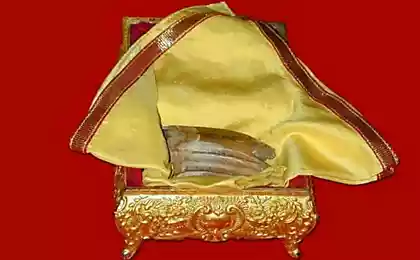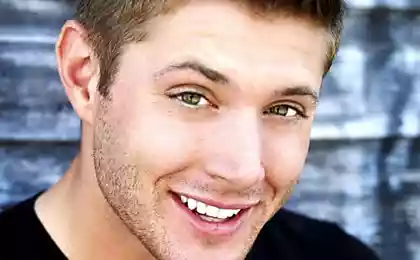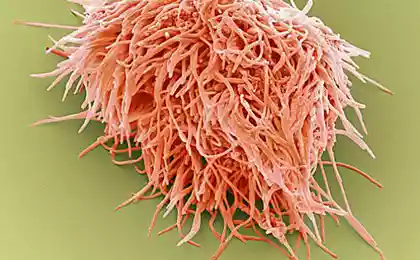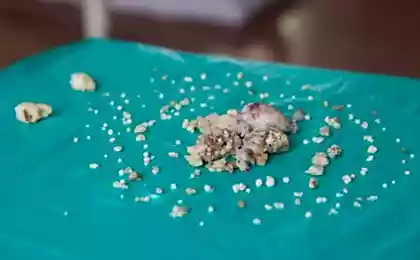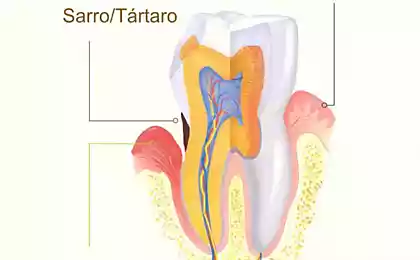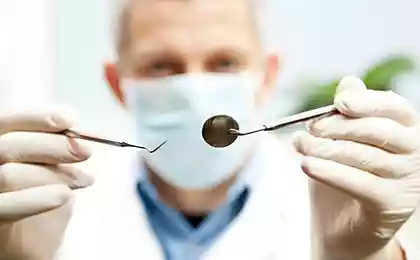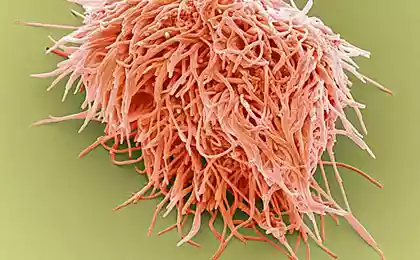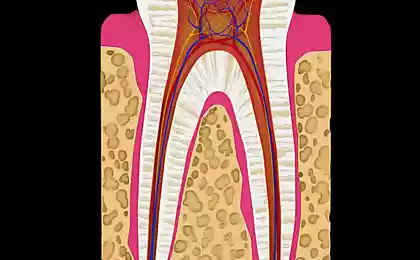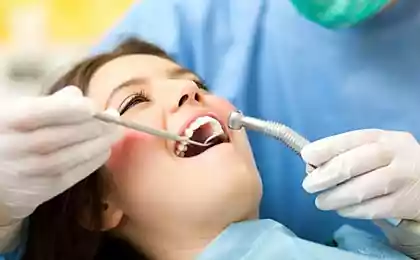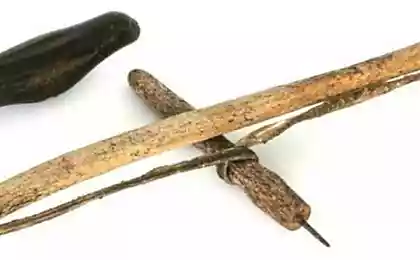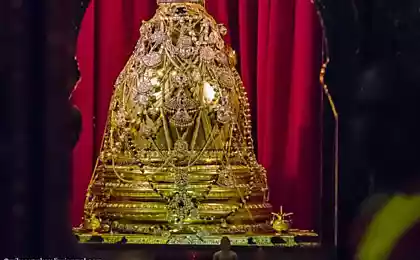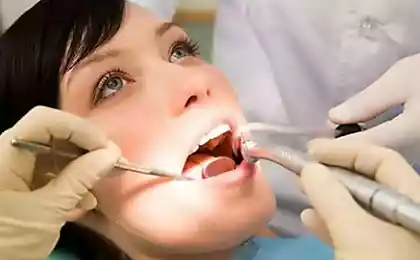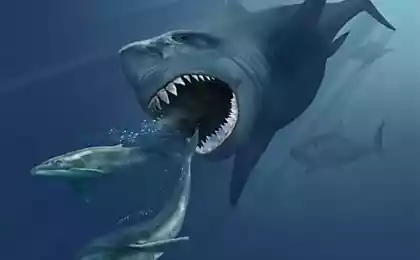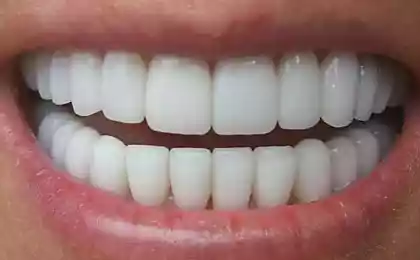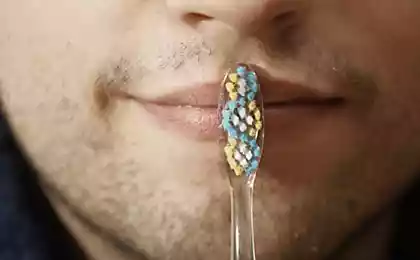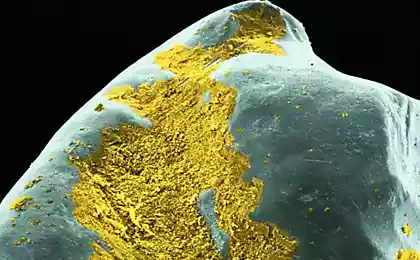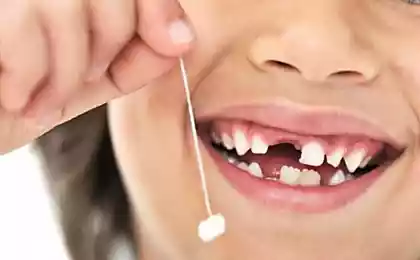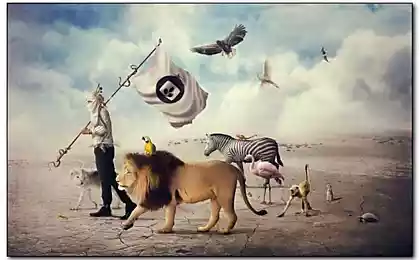702
32 teeth

Most creatures on our planet have teeth. Whether it's teeth carnivore, herbivore or omnivore, they are always the most adapted to the food consumed by their owner, and the way of life that he leads. But the origin of all the teeth in the world - total. It is strange to realize, but our teeth - it evolved fish scales. Hundreds of millions of years ago, ancient fish used to capture and dismembering prey projecting solid scales located in the area of the jaw. Later, these scales were transformed into full-fledged teeth. This explains the similarity in the structure of the teeth and fish scales. The structure of the tooth, there are three parts: the root, crown and neck. The roots of teeth are located in special recesses of the jaw - the alveoli. Crown - the part of the tooth, covered with hard enamel and protruding above the gum. The neck separates the root and the crown and must be under the edge of the gums. The child is usually born toothless, but the beginnings of teeth are formed from the first trimester of fetal development. At the age of six months begins the painful process of teething. And to two years in a healthy child has a complete set of milk teeth in the amount of 20 pieces. But under the milk teeth are already preparing their change - the permanent teeth. Complete replacement takes place from 6 to 12 years. Furthermore, most people 25 years grow even three molars on both sides of the lower and upper jaw. Thus, we are the owners of 32 permanent teeth. The peculiarity of the human diet - omnivorous. This is due to the specific - a full - set of teeth: incisors, canines, premolars (small molars) and molars (molars). Each of the 4 types differ from others in shape, size and purpose. Thus, the cutters are designed for biting food fangs - tearing, premolars - for grinding, molars - for grinding. It is obvious that the number, shape and other characteristics of our teeth due to evolutionary development, which, incidentally, never stops. So we can assume that our distant descendants will sport a completely different set of teeth, and possibly - their complete absence. See also: Dentistry past. How it was? Oral bacteria clean the teeth from plaque.
Source: po4emu.ru/index.php?id=116
